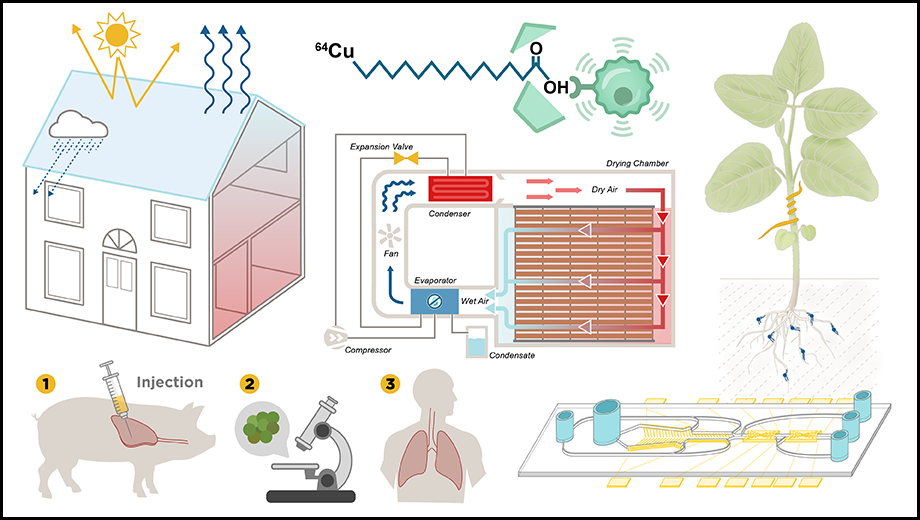SPDS Director Sarah Polasky says the wraparound support that her team provides is critical to the university's success in winning highly competitive awards, such as those for centers, institutes or training programs.
“Having SPDS professionals assist the proposal writing team with multifaceted support ensures that the institution has invested as much effort as possible into winning the award,” Polasky says. “Whether at the department level or centrally located, research development teams are becoming more common at higher education institutions.”
According to de Figueiredo, there are several components associated with big grant proposals that are difficult for researchers to manage:
- Document identification and tracking — large projects often require documents ranging from a data management plan to a compliance plan for research subjects to letters and biosketches.
- Project management — frequent communication to keep contributors on task with respect to the overall project goals.
- Proposal document review and revision — making sure all content, often submitted by numerous people, is cohesive and free of errors.
- Budgeting — a very important part of the equation that is often accompanied by subcontracting and other fiscal documents.
- Graphics and illustrations — logos, figures, charts, timelines and illustrative models are a key component in an effective proposal narrative.
SPDS helps with all of those things and more. For example, Carolyn Anderson, Simon-Ellebracht Professor in medicinal chemistry and professor of radiology, works with the team on industry-sponsored projects. She says they help her manage relationships with partners and connect her with resources like Mizzou's Technology Advancement office.
 SPDS creates graphics like the examples above to illustrate scientific concepts for proposals submitted to agencies such as the U.S. Department of Energy, National Institutes of Health, National Science Foundation and the U.S. Department of Agriculture.
SPDS creates graphics like the examples above to illustrate scientific concepts for proposals submitted to agencies such as the U.S. Department of Energy, National Institutes of Health, National Science Foundation and the U.S. Department of Agriculture.
Mahmoud Almasri, professor of electrical engineering and computer science, and others worked with SPDS to land two National Science Foundation Convergence Accelerator grants.
These high-risk, high-reward projects involve 19 scientists from five institutions. Almasri and his co-investigators say the SPDS team managed timelines, created professional graphics, edited proposal drafts and worked closely with all of the institutions through multiple budget revisions, ensuring every detail was addressed.
In fiscal year 2024, SPDS worked with more than 60 principal investigators, helping them submit $268 million in proposals to more than 75 organizations and agencies. This work, in partnership with campus units, garnered $122 million in awards.
"SPDS understands that we are trying to put together a high-quality product, and they don't balk at the work that comes with that," de Figueiredo says.